Women. Peace. Power.
At ELiDA, we believe peace begins where women lead. Our work across Ethiopia uplifts women's voices in peacebuilding, leadership, and community resilience.
Women in Conflict Zones
Empowering women and girls in regions affected by war and displacement.
Traditional Systems
Revitalizing Edirs as tools for leadership, resilience, and women-led change.
Youth Engagement
Connecting young people to inclusive, peaceful futures through dialogue.
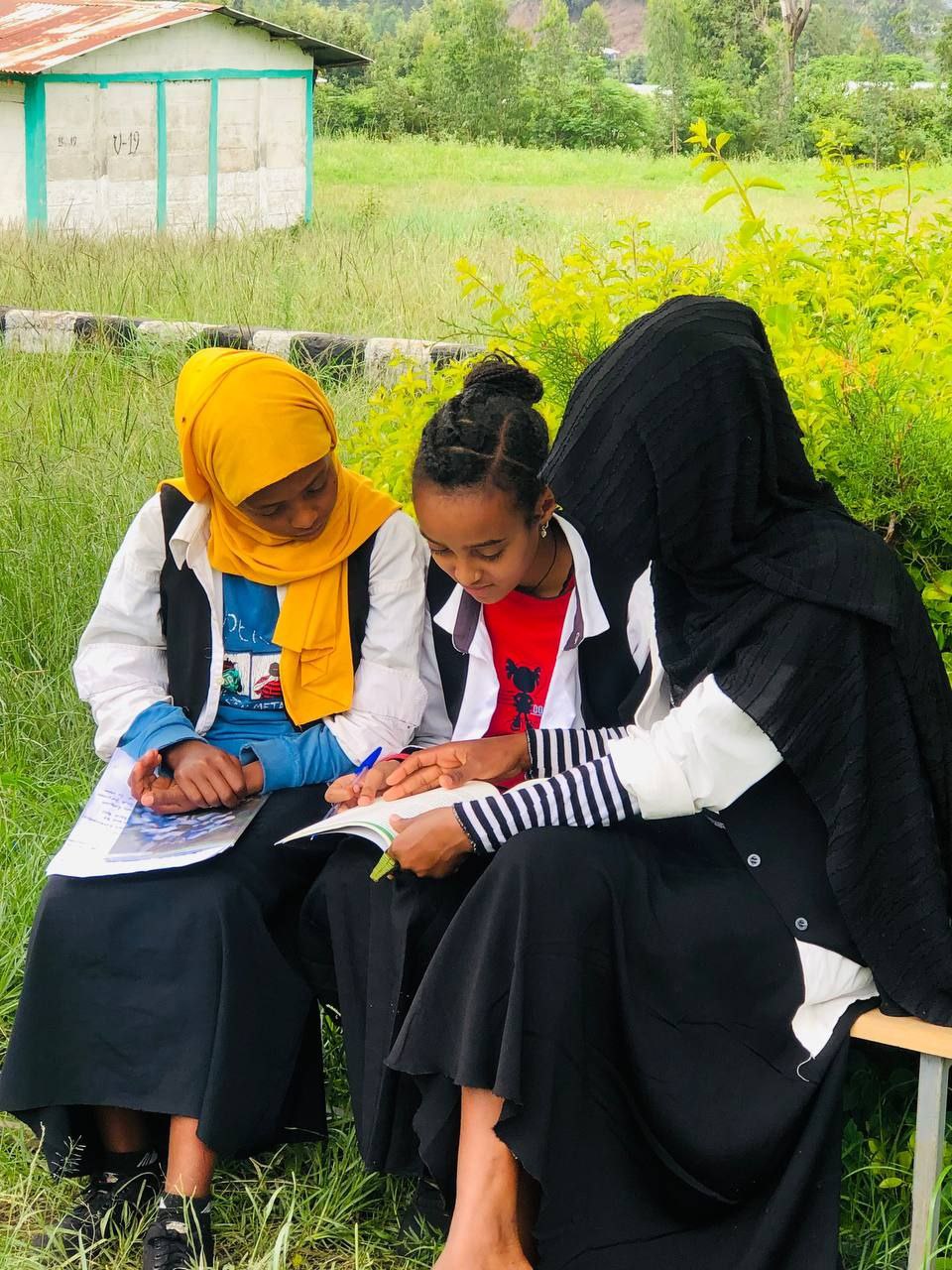
In Bahir Dar, ELiDA is strengthening women-led Edirs—traditional community associations—by enhancing their leadership, building organizational capacity, and fostering collaboration. This project empowers grassroots women to lead resilient, self-sustaining support networks.
Women’s Edirs—traditional mutual aid associations—play a vital role in the social and emotional fabric of communities in Bahir Dar. Despite their importance, many of these women-led groups struggle with limited capacity and resources. This project by ELiDA focuses on revitalizing and strengthening selected Women’s Edirs by equipping them with leadership skills, organizational tools, and strategic partnerships.
What We’re Doing
- Officially launching the project with stakeholders and community members.
- Delivering targeted capacity-building workshops and operational support for Edir leaders.
- Creating platforms for collaboration between Edirs, local government, NGOs, and other actors.
- Using community feedback to refine and adapt the project for maximum impact.
What We Aim to Achieve
- Stronger, more sustainable Women’s Edirs with clear leadership structures.
- Enhanced women’s leadership in grassroots community development.
- Increased resilience through stronger social safety networks led by women.
Our Impact
By investing in Women’s Edirs, ELiDA is reinforcing traditional systems of solidarity while building inclusive pathways for women to lead change in their communities.

In response to rising gender-based violence in Ethiopia’s conflict zones, ELiDA is working in Raya Kobo and Gulina to prevent SGBV, support survivors, and strengthen local response systems. This initiative trains community actors, builds awareness, and empowers women and girls to lead change—ensuring safety and dignity for all.
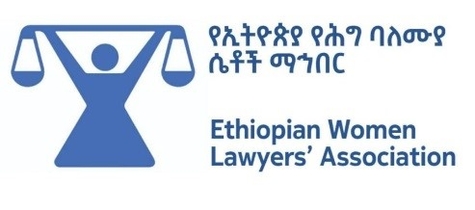
In conflict-affected areas of Ethiopia, sexual and gender-based violence (SGBV) has escalated, leaving women and girls vulnerable to physical, emotional, and psychological harm. ELiDA’s project in Raya Kobo and Gulina aims to prevent SGBV, protect survivors, and build long-term community resilience through awareness, capacity building, and multi-stakeholder collaboration.
What We’re Doing
- Empowering local actors through training for caseworkers, women’s affairs experts, CSOs, and law enforcement bodies.
- Providing survivor support, including medical, psychosocial, and financial assistance.
- Raising awareness through community workshops, advocacy campaigns, and educational materials.
- Mobilizing action during key events, including the 16 Days of Activism Against Gender-Based Violence.
- Fostering partnerships by facilitating dialogue and collaboration among grassroots organizations, authorities, and service providers.
Who We Reach
- Direct beneficiaries: 2,223 individuals, including women, girls, CSO staff, community leaders, and local authorities.
- Indirect beneficiaries: 1,922 community members reached via public awareness and advocacy activities.
What We Aim to Achieve
- Robust, community-based SGBV prevention and response systems.
- Greater community awareness and reduced stigma around gender-based violence.
- Empowered women and girls actively advocating for their rights.
- Stronger collaboration across sectors and sustainable local ownership.
Sustainability Approach
The project is designed for long-term impact by embedding prevention mechanisms within existing local structures and fostering strong partnerships. Upon completion, ELiDA will formally hand over the project to government stakeholders, ensuring ongoing support and integration into public systems.
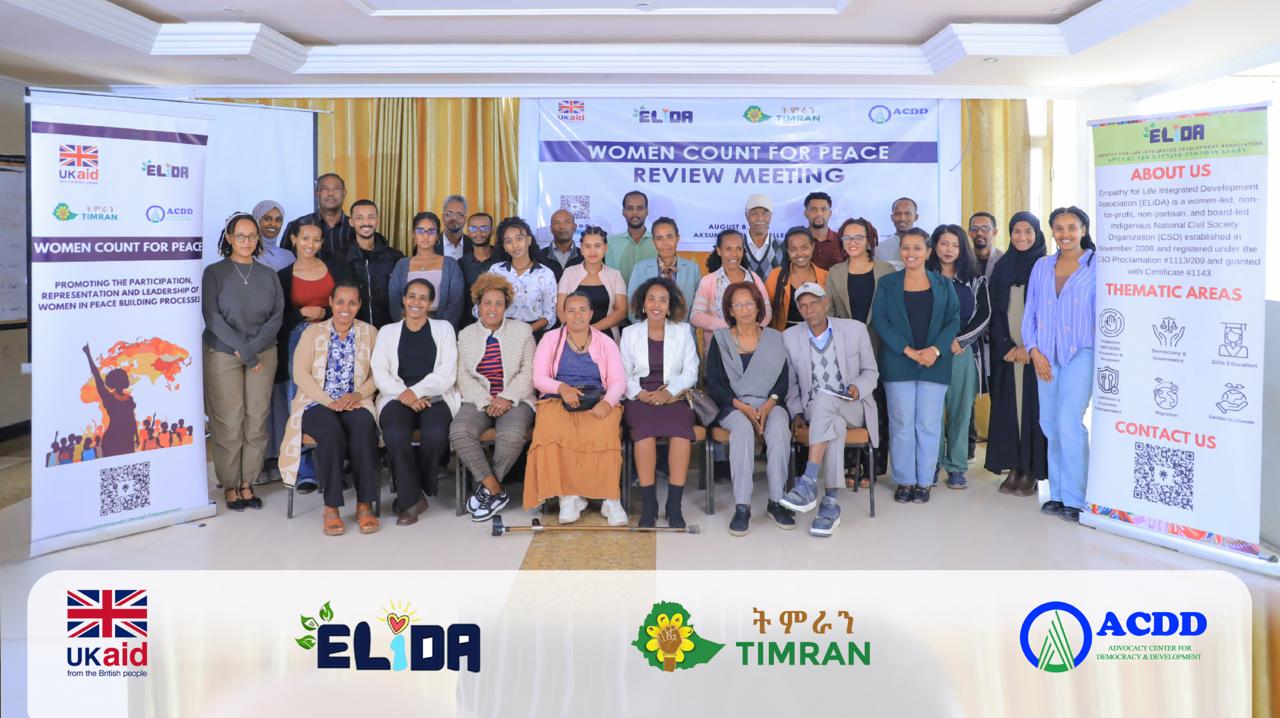
In Ethiopia’s conflict-affected regions, women remain largely excluded from formal peace and security decision-making. Women Count for Peace is a bold, cross-regional initiative led by ELiDA to change that. Through leadership training, grassroots mobilization, and national advocacy, the project strengthens women-led organizations, promotes gender-inclusive peacebuilding, and supports the implementation of Ethiopia’s first Women, Peace, and Security (WPS) National Action Plan.
Despite global commitments to women’s participation in peacebuilding, Ethiopian women remain underrepresented in peace processes. Women Count for Peace is a transformative initiative advancing women’s leadership and inclusion across Ethiopia’s conflict-affected regions. Anchored in the United Nations Security Council Resolution 1325 and the Women, Peace, and Security (WPS) agenda, the project strengthens women-led civil society organizations and fosters collaboration to promote inclusive and sustainable peace.
Key Activities
- Training and mentoring 100 women leaders in WPS, advocacy, negotiation, and leadership skills.
- Providing mini-grants and technical support to 9 women-led organizations across Amhara, Tigray, and Oromia.
- Organizing peace forums and regional dialogues to amplify women’s voices in formal peace processes.
- Conducting advocacy campaigns, including digital outreach, to raise awareness and promote gender-responsive policies.
- Establishing Regional and National Women’s Peacebuilding Networks for sustained collaboration and advocacy.
- Facilitating international exposure visits to learn from successful WPS National Action Plan implementations abroad.
Expected Impact
- Enhanced leadership and advocacy capacities among women’s organizations and rights defenders.
- Increased representation of women in peace and security decision-making at all levels.
- Greater societal recognition of the importance of gender-inclusive peacebuilding.
- Strong cross-regional networks advocating for women’s rights and peace agendas.
Sustainability Approach
The project emphasizes building local ownership and sustainability by empowering women’s organizations, creating lasting networks, and strengthening advocacy movements to ensure continued progress beyond the project’s lifespan.

In Ethiopia’s Afar and Amhara border areas, ELiDA is building and strengthening networks of women peace-builders to amplify their leadership in human rights advocacy and inter-communal peace efforts. This initiative fosters collaboration among diverse ethnic communities and empowers women to lead inclusive, sustainable peacebuilding.

This transformative project aims to enhance the engagement and leadership of women peace-builders across the conflict-affected border zones of Afar and Amhara. By establishing and empowering Women’s Peace Networks, ELiDA promotes women’s active roles in human rights advocacy, conflict prevention, and fostering inter-communal understanding among the diverse ethnic groups of the region.
Objectives
- Strengthen women’s participation in local peacebuilding and human rights promotion.
- Build sustainable women’s peace networks to advocate for peace and gender equality.
- Enhance the leadership capacities of women peace-builders through targeted training on Women, Peace, and Security (WPS) agendas.
Key Activities
- Kick-off workshops to align stakeholders and connect prior peace initiatives.
- Capacity-building training for Women’s Peace Forum leaders on peacebuilding, security, and human rights.
- Establishment of a formal Women’s Peace Network via consultative meetings.
- Community events celebrating the International Day of Peace.
- Sensitization sessions and WPS-focused training for network leaders.
Target Groups
Women peace-builders, young women leaders, peace forums, human rights defenders, and broader community members in the project areas.
Addressing Challenges
Despite ongoing peace efforts, inter-communal conflict and human rights violations persist. Women’s voices have been underrepresented in peace processes. This project seeks to change that dynamic by fostering organized women’s networks that can sustainably lead peace and human rights advocacy.
Sustainability
By empowering women-led networks to operate independently and advocate effectively, the project ensures long-term peacebuilding and conflict prevention in the region.
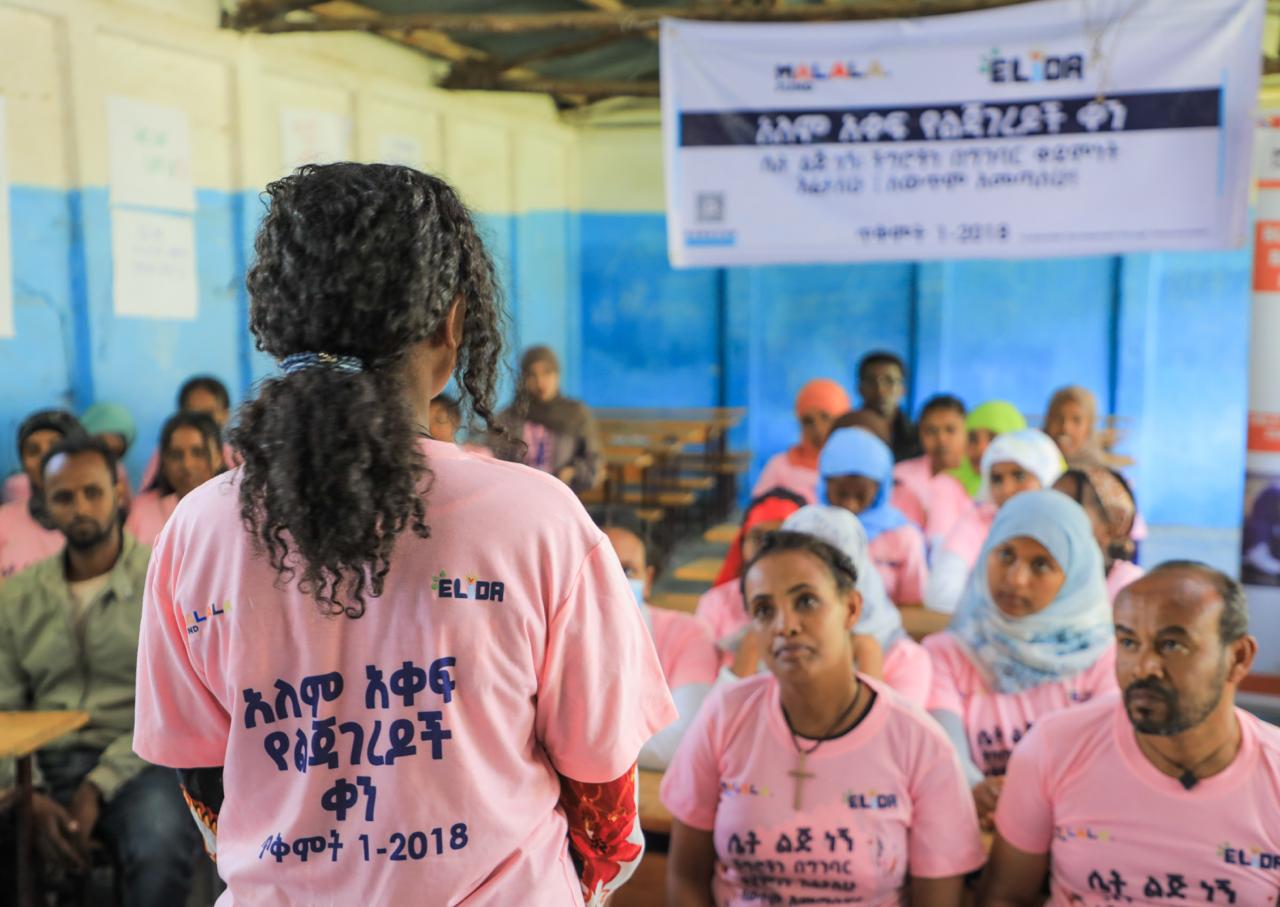
In war-affected districts of Amhara, ELiDA is working to remove barriers preventing girls—especially marginalized and displaced youth—from accessing and completing secondary education. This project fosters safe, inclusive schools and empowers girls with academic support, leadership skills, and community advocacy to secure their right to learn.
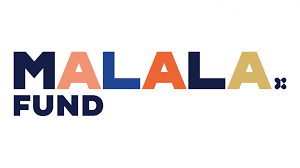 (grant applicant)
(grant applicant)This project addresses the compounded challenges girls face in conflict-affected and hard-to-reach areas of Amhara, including war disruptions, gender inequality, and harmful traditional practices. ELiDA works directly with schools, communities, and young women to improve education quality, reduce gender-based violence, and build girls’ leadership in schools and communities.
Objectives
- Increase access to quality education for marginalized girls, including those with disabilities.
- Challenge systemic and cultural barriers to girls’ education.
- Provide psychosocial and academic support for girls affected by conflict and displacement.
- Empower young women as advocates and role models within their communities.
Key Activities
- Academic tutoring, mentoring, and coaching.
- Training on goal setting, self-reliance, and study skills.
- Awareness campaigns led by youth leaders, elders, and media to promote girls’ education.
- Support for girl-led and youth-led school clubs and peer networks.
- Psychosocial support for survivors of conflict trauma.
- Engagement with school communities to create safe, girl-friendly learning environments.
- Monitoring and documentation to share lessons and best practices.
Target Groups
- Girls aged 16–24 in grades 9–12, particularly those with disabilities and displaced youth.
- Local youth volunteers, teachers, women-led organizations, and community leaders.
Expected Impact
- Improved academic performance and school retention among girls.
- Increased leadership and advocacy capacities of young women.
- Reduced gender-based violence and early marriage rates.
- Strengthened community support and collaboration for girls’ education.
Sustainability
ELiDA fosters long-term impact by building ownership among local authorities, establishing partnerships and MOUs, empowering schools and youth groups, and sharing best practices for program scale-up.

In a region marked by recurring ethnic conflict, this project aimed to empower women and girls as peacebuilders through dialogue, media, and grassroots leadership. Though halted due to USAID’s aid suspension, the groundwork laid by ELiDA—including trained networks and community trust—remains a foundation for future gender-inclusive peacebuilding efforts.
This project was designed to promote long-term, gender-inclusive peacebuilding in the Debre Birhan–Kemisse corridor, a region deeply affected by ethnic tensions between the Amhara and Oromo communities. ELiDA mobilized women and girls as leaders in peace efforts by fostering inter-group dialogue, strengthening local women-led peace networks, and promoting inclusive media engagement. Unfortunately, national-level policy changes led to a sudden funding suspension by USAID, halting project activities partway through implementation.
Why It Was Needed
- Rebuilding inter-community trust
- Centering women’s leadership in peacebuilding
- Establishing durable, women-led peace networks
- Promoting narratives of tolerance and solidarity through media
Objectives & Key Activities
1. Strengthen Peacebuilding Structures
- Identified and supported 10 local women-led peace groups
- Conducted stakeholder workshops
- Formed a peace leadership committee of 30 women
- Delivered tailored training for grassroots peace roles
2. Foster Dialogue and Community Solidarity
- Designed “Conversations over Coffee” monthly forums
- Prepared inter-woreda dialogue sessions
- Planned women-led solidarity events bridging ethnic divides
3. Promote Peace Messaging Through Media
- Trained 20 women leaders in social media advocacy
- Developed bilingual (Amharic & Afaan Oromo) media content
- Prepared radio programming centered on women and peace
- Designed digital engagement strategies for broad outreach
Target Groups
- Women and young women from conflict-affected communities
- Women with disabilities
- Local peace-builders and youth facilitators
- Influential female voices on digital platforms
Project Interruption & Outcome
In 2024, USAID suspended aid to Ethiopia, impacting this project alongside many others. Although full implementation was not achieved, ELiDA successfully:
- Built critical relationships with community and government stakeholders
- Developed training materials and operational structures
- Created peace networks ready for reactivation
Sustainability Strategy
- Institutional: Strengthened links with local government and CSOs
- Programmatic: Developed adaptable training systems and operational plans
- Community-Based: Built grassroots support and local ownership for peace work
Looking Ahead
Though interrupted, this initiative laid a foundation for future gender-inclusive peacebuilding in a highly sensitive region. ELiDA remains committed to this mission and is actively exploring new partnerships and funding sources to relaunch and expand the project.
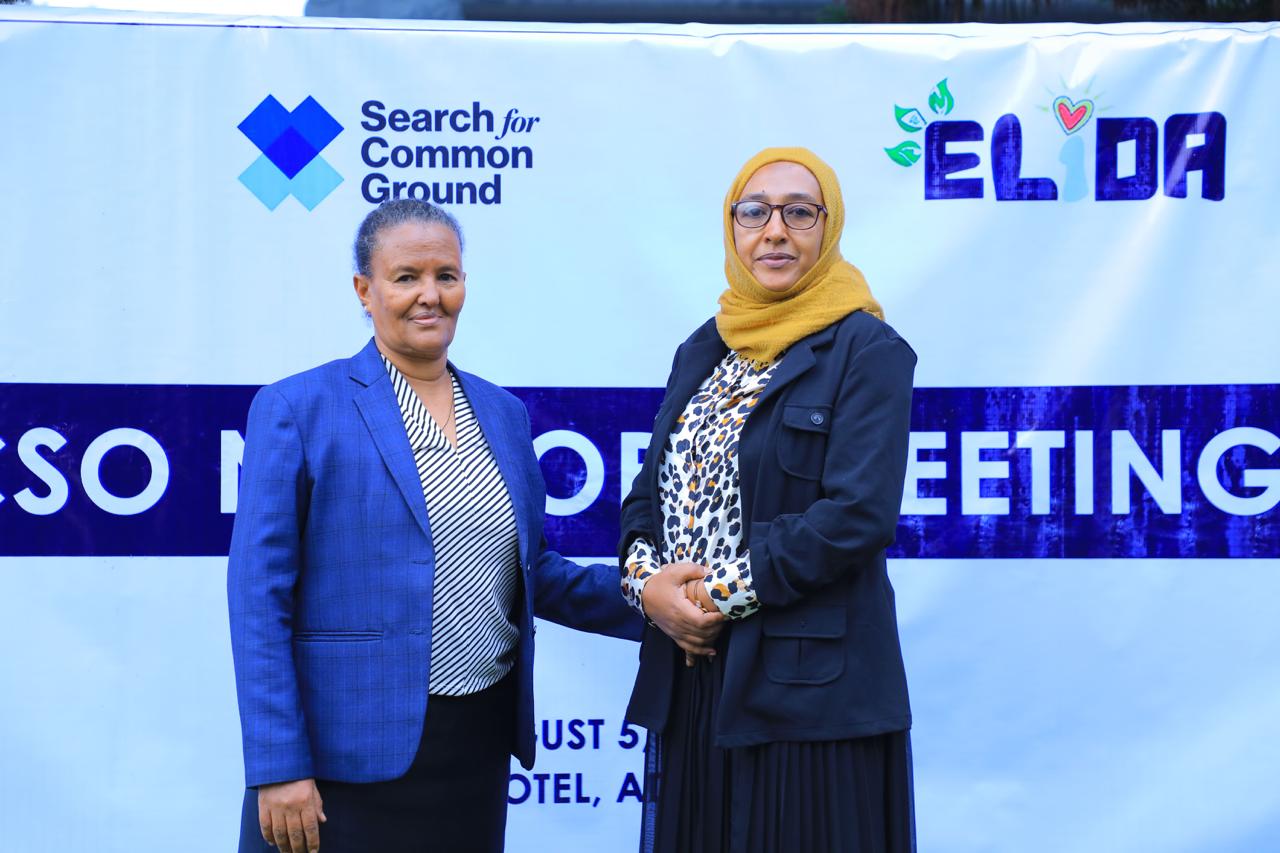
As digital access grows in Ethiopia, so do the risks of online hate speech, disinformation, and their real-world consequences. This project equips communities, civil society, and media actors to counter harmful narratives, build digital peace, and promote inclusive engagement—especially among women and youth—across both online and offline spaces.
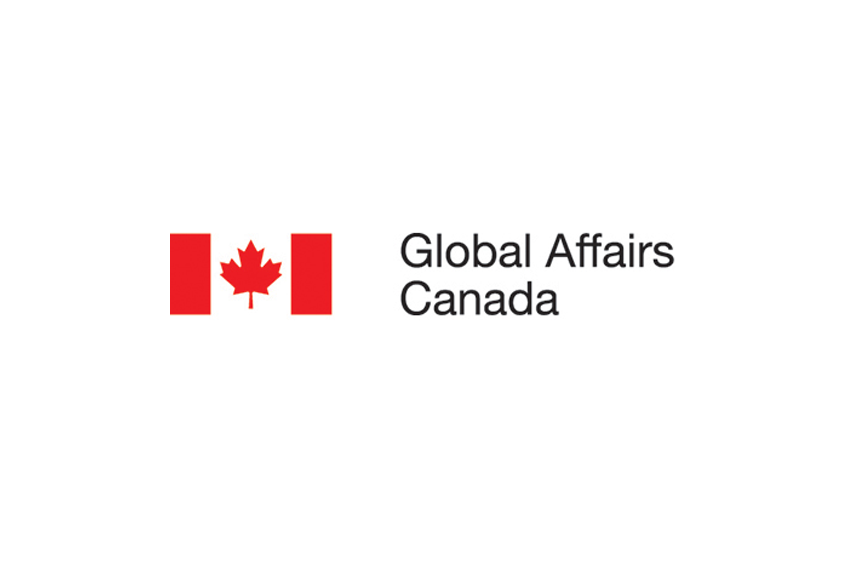 Peace and Stabilization Operations Program (PSOPs)
Peace and Stabilization Operations Program (PSOPs)With Ethiopia’s rapid digital expansion, social media platforms and online forums are becoming both tools for empowerment and arenas for harm. Hate speech, misinformation, and disinformation are increasingly sparking tensions and violence on the ground. This innovative initiative strengthens the capacity of local actors to promote digital peacebuilding and reduce the risks of violence driven by online narratives. ELiDA, as a local partner, plays a key role in ensuring that women and marginalized communities are central to both the conversation and the solution.
Objectives
- Build the skills of digital influencers, media actors, and CSOs to detect and respond to online hate and misinformation.
- Promote women’s and youth leadership in digital peace initiatives.
- Strengthen civil society’s ability to create safer digital environments.
- Generate data-driven advocacy through regular monitoring and digital landscape assessments.
Key Activities
- Mapping civil society and media ecosystems
- Conducting gender-sensitive digital assessments
- Hosting workshops for influencers, journalists, and civil society groups
- Facilitating peer learning sessions and multi-stakeholder dialogues
- Organizing a national digital peacebuilding conference
- Launching inclusive peace campaigns both online and offline
- Offering long-term mentorship and support for local peacebuilders
Why It Matters
As misinformation and hate speech become more widespread online, they are increasingly linked to real-world violence and societal division. These harms often disproportionately affect women, youth, and marginalized communities. This project helps build a more resilient, inclusive digital culture by empowering those most vulnerable—and often excluded—to lead the response.
Expected Impact
- Safer, more responsible digital environments across Ethiopia
- Stronger local capacity to combat hate speech and online incitement
- Increased women’s leadership in peacebuilding
- Broader community ownership of peace narratives and solutions

In Raya Kobo, ELiDA is amplifying women’s leadership in conflict response and peacebuilding as part of a global initiative across four countries. Through technical training, flexible funding, and inclusive advocacy, the WLiE project empowers local women’s groups to lead humanitarian efforts and contribute meaningfully to Ethiopia’s national peace and recovery agenda.
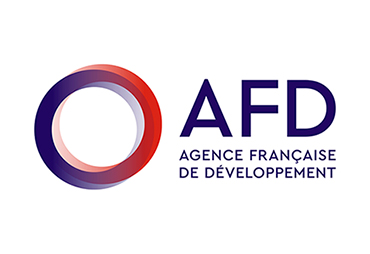
The Women Lead in Emergencies (WLiE) project is a multi-country initiative designed to ensure that women are not just participants—but leaders—in crisis response, peacebuilding, and climate resilience. In Ethiopia, ELiDA is implementing this initiative in Raya Kobo, a region severely affected by armed conflict, displacement, and food insecurity.
WLiE aims to shift power to local women’s organizations and grassroots groups, supporting them to shape humanitarian interventions, lead community peace efforts, and drive systemic change. The project aligns closely with Ethiopia’s Women, Peace, and Security (WPS) agenda, contributing directly to the country’s first National Action Plan.
Key Objectives
- Empower women’s groups to lead in conflict response and peacebuilding
- Support formal and informal women’s networks with training, resources, and flexible funding
- Promote inclusive decision-making by addressing gender norms and structural barriers
- Advance Ethiopia’s WPS National Action Plan through grassroots-led implementation
What Makes WLiE Unique
- Bottom-up design: Women define priorities and lead the process
- Triple nexus approach: Integrates humanitarian aid, peacebuilding, and development
- Inclusive by design: Reaches marginalized women, including those with disabilities and underrepresented age groups
- Supportive of livelihoods: Links women’s economic empowerment with public participation
- Engages allies: Works with men and community leaders to reduce backlash and foster buy-in
ELiDA’s Role in Ethiopia
As a key implementing partner, ELiDA brings its deep expertise in community peacebuilding, GBV prevention, and women’s empowerment. Together with CARE Ethiopia, ELiDA supports women’s rights organizations and informal grassroots groups through:
- Technical and leadership training
- Flexible financial support
- Advocacy tools to elevate women’s voices in local and national crisis responses
Expected Impact
- Women-led organizations influence peacebuilding and humanitarian action
- Scalable models for community-driven, gender-sensitive response emerge
- Ethiopia’s WPS agenda sees meaningful grassroots implementation
- Local leadership becomes central to national recovery

ELiDA is spearheading a bold effort to ensure Ethiopia’s National Dialogue is inclusive of women’s voices and leadership. In partnership with ACDD and UN Women, this project introduces the first Gender-Responsiveness Monitoring Mechanism—equipping civil society and government actors with tools to track and promote women’s participation in building national peace.
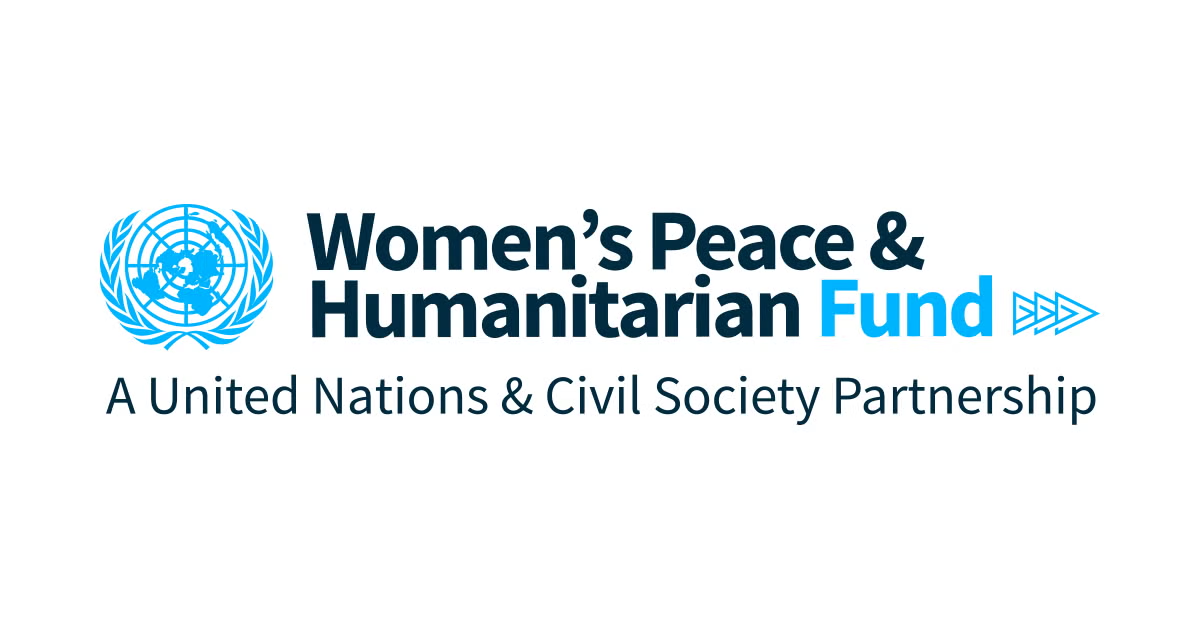 Women’s Peace and Humanitarian Fund (WPHF)
Women’s Peace and Humanitarian Fund (WPHF)Ethiopia’s National Dialogue presents a historic opportunity to address deep-rooted conflicts and chart a path toward lasting peace. Yet, women’s representation within the process remains alarmingly low—only 3 of the 11 commissioners are women, and there are no formal strategies in place to ensure gender inclusion or track women’s participation.
This project addresses that gap by introducing Ethiopia’s first Gender-Responsiveness Monitoring Mechanism. Through targeted advocacy, tool development, and multi-stakeholder engagement, ELiDA and ACDD aim to ensure that women are not only present but meaningfully represented in all stages of the Dialogue.
Objectives
- Develop a national tool to monitor and strengthen gender inclusivity within the National Dialogue.
- Advocate for adoption of the mechanism by key stakeholders, including government, civil society, and the National Dialogue Commission.
- Build the capacity of women-led CSOs to monitor and advocate for gender equity in the dialogue process.
- Ensure inclusion of women from diverse backgrounds—activists, youth, political figures, and grassroots leaders.
Target Beneficiaries
- Direct: 132 individuals, including 76 women and 56 men: CSO leaders, officials, political party reps, media professionals, researchers, and commissioners.
- Indirect: 726 individuals reached through training and dissemination.
- Key Implementers: 30 women-led CSOs from the Coalition for Women’s Voice in National Dialogue.
Key Activities
- National-level advocacy workshop with decision-makers and partners
- Expert validation of the Gender-Responsiveness Monitoring Framework
- Stakeholder consultations and promotional events to build political buy-in
- Translation and dissemination of the tool in 5 languages, including Braille
- Ongoing coordination with the National Dialogue Commission and Ministry of Women & Social Affairs
Expected Results
- A national Gender-Responsiveness Monitoring Mechanism adopted and utilized
- 40+ CSOs and 10 networks actively using the tool in advocacy and accountability efforts
- Heightened visibility and influence of women in national peace and decision-making platforms
Why This Matters
For Ethiopia’s peace process to succeed, it must reflect the voices and experiences of all its people—especially women, who are often sidelined in national dialogues. This project ensures that gender equity becomes a measurable reality in the National Dialogue, setting a precedent for inclusive governance and sustainable peace.
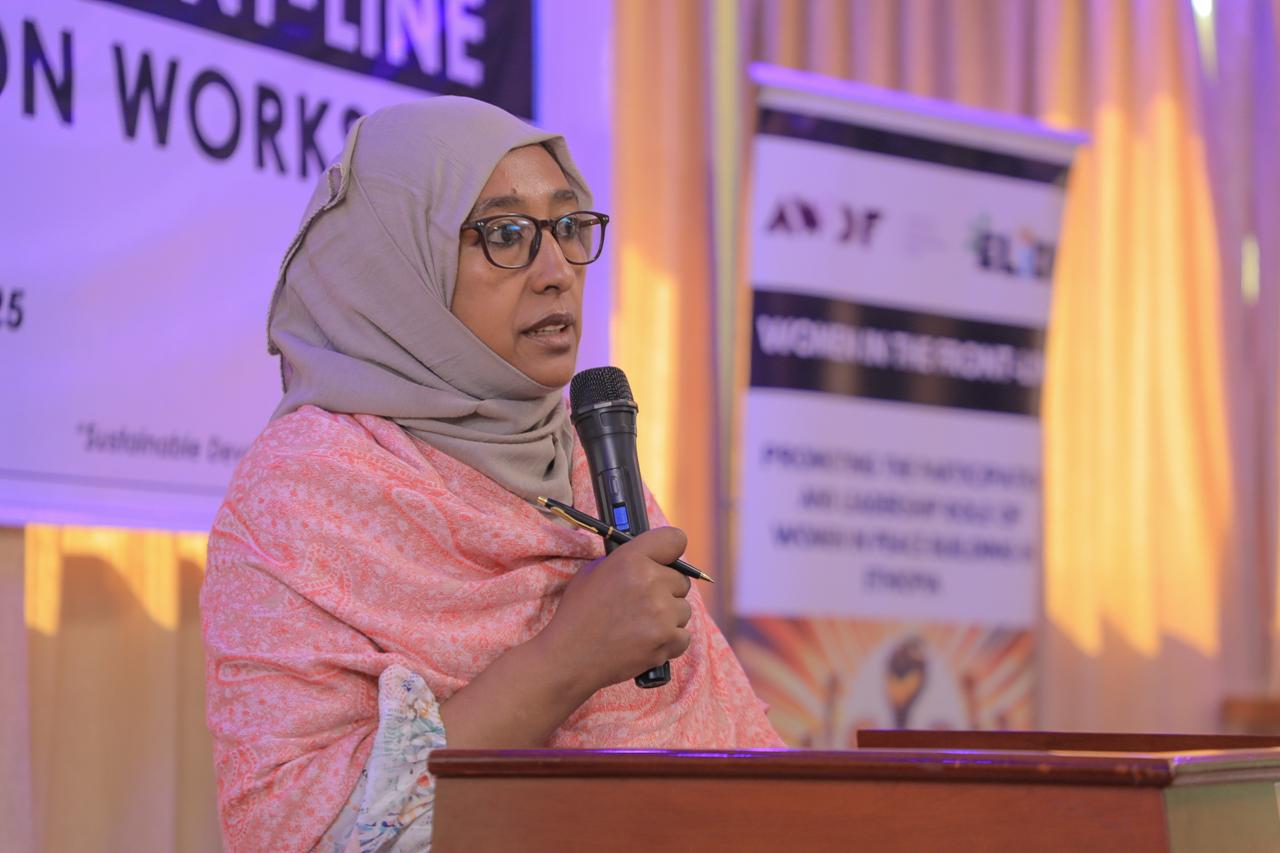
In Ethiopia’s conflict-affected regions, women and girls often bear the brunt of violence and instability—yet they remain largely excluded from peace and decision-making processes. Women in the Front Line is ELiDA’s bold response to this gap. With support from the African Women’s Development Fund, the project places women at the heart of peacebuilding in the North and South Wollo zones, empowering them to lead, influence policy, and shape a more just and inclusive future for their communities.

In Ethiopia’s conflict-affected areas, women and girls often shoulder immense burdens while being excluded from decision-making spaces. ELiDA’s Women in the Front Line project addresses this imbalance by empowering women to lead peacebuilding efforts in the North and South Wollo zones of the Amhara region.
What We’re Doing
- Establishing Gender in Peace Action Hubs (GPAHs) to strengthen women’s leadership.
- Conducting gender audits and local analyses to understand barriers to participation.
- Facilitating dialogues, trainings, and awareness campaigns with women, youth, community leaders, and government bodies.
- Launching media campaigns to amplify women’s voices in peace processes.
- Supporting civil society and public institutions through gender-sensitive peacebuilding training.
Who We Reach
- Direct beneficiaries: Over 1,060 individuals, including women, youth, persons with disabilities, and local leaders..
- Indirect beneficiaries: More than 500,000 community members across the project regions.
What We Aim to Achieve
- More women in leadership roles related to peacebuilding and decision-making.
- Stronger women-led networks advocating for inclusive and sustainable peace..
- A cultural shift toward gender equality and nondiscrimination in conflict-affected communities.
Our Impact
By placing women at the center of peacebuilding, this project is challenging exclusion, fostering inclusive dialogue, and nurturing a future where peace and equality go hand in hand.
Voices from the Front Line
“Being part of the peace action hub changed my life. I found the courage to speak up and be heard.”
— Lemlem, GPAH Participant“Before this, I never imagined women could lead in peace talks. Now I’m helping resolve conflicts in my community.”
— Selam, North Wollo“This program didn't just train us, it connected us. I feel part of something bigger.”
— Hana, Community LeaderWant to partner with ELiDA?
We're always looking to collaborate with funders, grassroots movements, and organizations working to empower women and transform communities.
